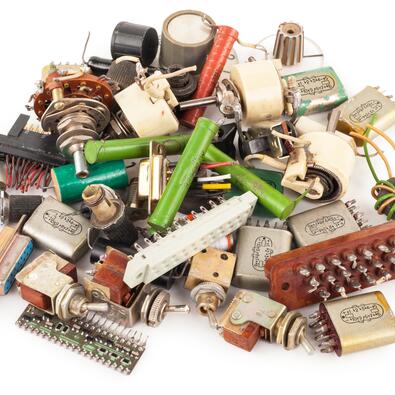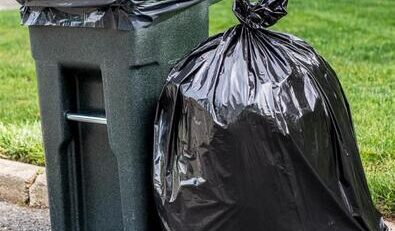How to Properly Dispose of E-waste
You probably have a lot of unused electronics like old phones, televisions, computers, or kitchen appliances like blenders lurking around your house. These old, unused electronics are becoming junk and you are wondering how to get rid of them. The option you take to dispose of the e-waste is critical because it determines where it will end up.
The Negative Impacts of Throwing Away Electronics
What happens when you throw away electronics alongside your household trash? An environmental problem. When buried in landfills, electronics emit toxins including beryllium, cadmium, mercury, and lead that pollute soils. When these toxins find their way into water bodies it becomes a bigger problem, impacting plant and animal life along affected waterways.
Toxic minerals from electronics gradually mix with underground water through the leaching process. Not only is the soil composition altered, but also the water in the surrounding areas, rivers, and lakes they flow into. The entire ecosystem then gradually begins to suffer as a result.
The effect of the toxic lead and mercury on humans is health complications including brain, heart, liver, and kidney problems.
Safe Ways to Dispose of E-Waste
If you shouldn’t throw away electronics, then, how best can you dispose of them? Consider the following options
- Sell used electronics that are in good, working condition
- Check for third-party buyback programs. These are especially popular options for computers, smartphones, and tablets.
- Look at local donation centers as an option
- Take your used electronics to an electronics recycler
If your schedule is too tight for you to do it yourself, junk removal companies ( like College HUNKS Hauling and Moving) can take care of those unwanted items in less than a day. We proudly donate or recycle up to 70% of the items we take.
What do e-recyclers do when they receive electronics?
The goal of recycling e-waste is to recover material that can be used in new products. The components that can be recycled include plastics, metal, glass, mercury, circuit boards, and copper among others.
When electronics get to the recyclers, they start by checking for all recyclable components, then carefully remove them. The parts to be recycled are sorted into groups based on the material. Plastics, glass, and metals are mechanically shredded; further sorting may be done with advanced separation technologies. Harvested materials are then sold off to manufacturers and suppliers for use in new products.
Why Recycle?
The basic reason for recycling is to minimize the negative impact of electronic waste on the environment. Recycling is important in the prevention of the build-up of e-waste in our landfills.
The constant improvement in technology comes with an increase in the circulation of plastics and other environmentally toxic materials that do not decompose or pose a threat to our ecosystems. Many electronics become outdated within a very short time. Moreover, the useful lifespan of most electronics is short. You should choose to recycle or donate these items when you no longer need them.
College HUNKS Hauling and Moving offers quick and reliable electronic junk removal services.70% of all items we collect from your homes are donated or recycled locally. We care for the environment as much as you do and, therefore, we ensure that we safely and conveniently dispose of your waste.




Leave a Reply